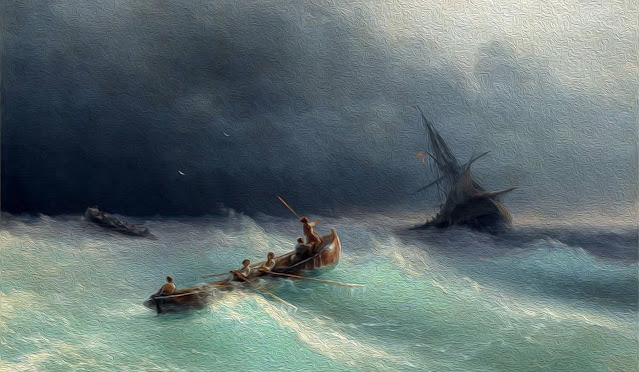Search This Blog
We are in a crisis in the evolution of human society. It’s unique to both human and geologic history. It has never happened before and it can’t possibly happen again. Albert Bates, author of The Financial Collapse Survival Guide and Cookbook, brings you along on his personal journey.
Posts
Showing posts from October, 2022
Dooming COP 27, Part III: Lines in the Sand
- Get link
- X
- Other Apps
The Achilles Heel of COP 27, Part II: Loss and Damage
- Get link
- X
- Other Apps
Forecast: Perfect Storm in Egypt, Part I
- Get link
- X
- Other Apps




